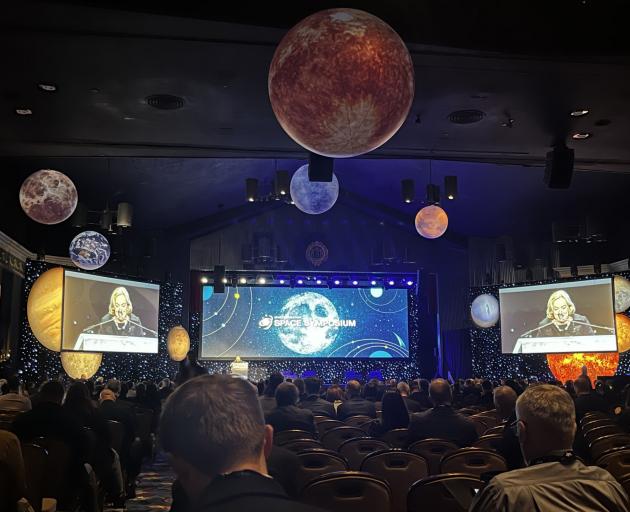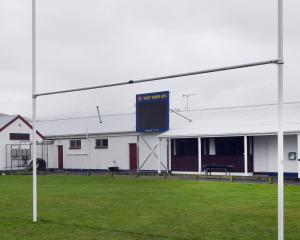
It is not exaggerating too wildly to imagine there are still scientists and researchers out there furiously thumbing their way through page after page of documentation, just in case they have missed something.
Unfortunately, by all accounts, it doesn’t appear they have.
This was always going to be a Budget looking for easy fixes to the country’s economic problems. Cutting things, or simply leaving them out, is a lot easier than coming up with new and expensive ideas.
Despite the government’s frequent pronouncements that it recognises research and science, and the more exciting sounding "technology", are the keys to a stronger economic future, the volume on that glib cheerleading appears to be turned right down at present.
Science and the arts often don’t have a lot in common. Science is fact and figures, and has little or no wiggle room; the arts, instead, bask in the creative spirit, in which anything can mean anything and two plus two doesn’t have to equal four.
But when it comes to this Budget, they find themselves bedfellows, both equally poorly treated and both spun out on to the very periphery of the government’s funding priorities.
The words of 10CC’s 1975 hit resonate strongly: "Art for art’s sake, money for God’s sake."
As the dust settles from the lack of anything significant in the Budget, there is something missing. Noticeably absent throughout all this has been a minister who doesn’t often fly below the radar.
Judith Collins is Science, Innovation and Technology Minister. As National’s spokeswoman on science, Ms Collins was an enthusiastic supporter of local research and development, and showed she understood its value to New Zealand’s reputation and economy. As minister, however, she has gone relatively quiet.

Quite the contrary, in fact. Earlier this year she put an end to a multi-year Labour government initiative to modernise public science — the Te Ara Paerangi white paper and its various recommendations.
These were stopped in their tracks by Ms Collins, who instead wanted to evaluate from the ground up the entire science and research sector, including the universities, notable absentees from Te Ara Paerangi. That work is now under way, with two review panels chaired by the former prime minister’s chief science advisor Sir Peter Gluckman considering the first tranche of submissions.
While this detailed and intensive work is undertaken, it makes good sense for Ms Collins to lurk in the background and let the panels get on with it.
This is probably another reason why science and research didn’t get much of a showing in the Budget. Why fund some workstreams which might be shown not to provide the best research and results, Finance Minister Nicola Willis may have reasoned.
Whatever lies behind the decisions, there is an urgent need to get on with things. New Zealand’s standing in the international science community continues to decline.
As the co-president of the New Zealand Association of Scientists, Troy Baisden, said in a post-Budget statement, it was a "nothing burger for science", one which merely doubled down on a four-decade-long pattern in which governments "have been world leaders in choosing not to invest in the future".
According to the World Bank’s latest analysis of research and development spending as a percentage of gross domestic product, New Zealand’s 1.45% is now comparable with Greece (1.46%), Italy (1.45%) and Poland (1.44%). Australia’s is 1.83%, the United Kingdom’s is 2.91% and the United States’ 3.46%.
The small Scandinavian economies we used to like comparing ourselves with are now well out of our league, with R&D spends of around 3% of GDP.
We don’t need any more spoutings of faux-support for science from government ministers. It’s well and truly past time to put their money where their mouths are.













